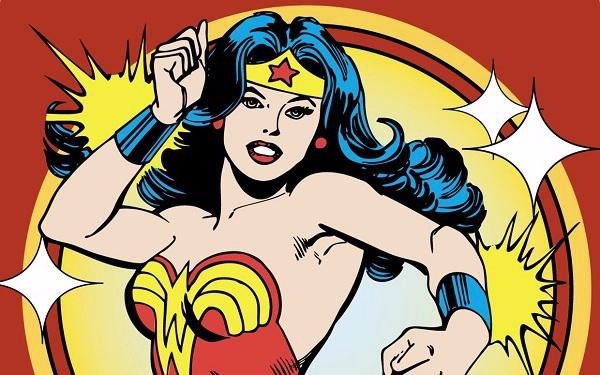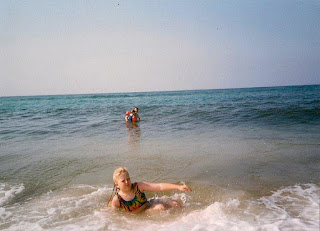I've been thinking about how to make a comic book with Jack, but it took me a while to figure out how to do it. He can't read or write and he mostly just draws shapes, all of which is a bit of hurdle. But he loves to tell stories, so I wanted to figure out how to make this work.
First, I downloaded a free DIY comic book pack. The PDF has several different comic book page layouts, speech bubbles, and explosions and lightning--a good start.
I was surprised to find that Jack jumped in with both feet when I gave him the blank comic book pages. He has really made a leap in his drawing skills in the past couple of weeks. And the night before I gave him the pages, he made up a Walrus Man character while playing in the bathtub (the place for inspiration).
Walrus Man is just a head with big eyes and arms and legs and two tusks sticking out, but I love him. He also, in Jack's mind, uses many spiky weapons and builds traps (which he draws plans for first). Jack would draw and then tell me about his drawings. I would add words to the speech bubbles, explosions, and lightning based on what he told me.
Jack even created sidekicks for Walrus Man and a tag line: "Adventures...and beyond!" (Obviously a play on Buzz Lightyear, an appropriate 4-year-old pop culture reference.) He made more pages the next day, each growing a bit more abstract and less story driven than the next. But it was good start.
The next step is to keep him focused on one story long enough to create something that has a beginning, middle, and end. I learned from teaching elementary school that the concept of "beginning, middle, and end" is very difficult for young children. Surprisingly, it's not necessarily the most natural way to tell a story. It has to be learned.
So my next steps are
- Take pictures around our neighborhood and around DC and print them out in black and white to create backgrounds. I could even let Jack help me take photos. (As you might have noticed if you follow me on Instagram or are friends with me on Facebook, Jack has suddenly become interested in taking photos of himself, so why not use that?)
- Take pictures of Jack's Lego people and action figures, print and cut them out, and let Jack glue them onto the backgrounds. With multiple photos of each toy, I can keep him focused on a few characters. When he just draws what he wants to draw, he's constantly creating new characters, gadgets, and story lines, so having a limited number of characters will rein him in a little.
I will let you know how this works.














